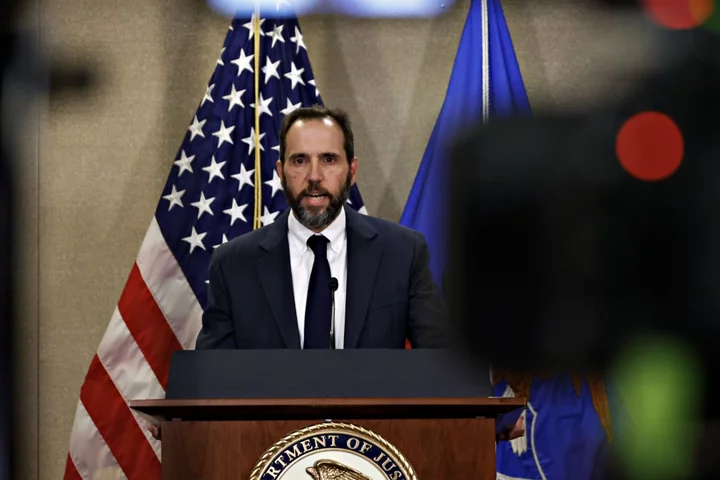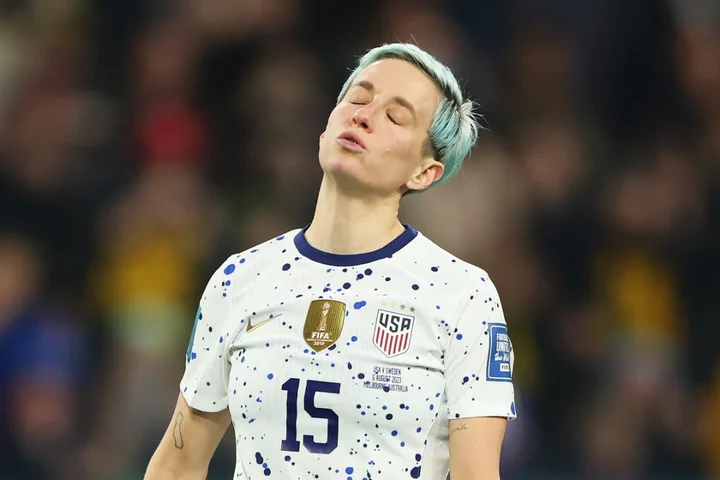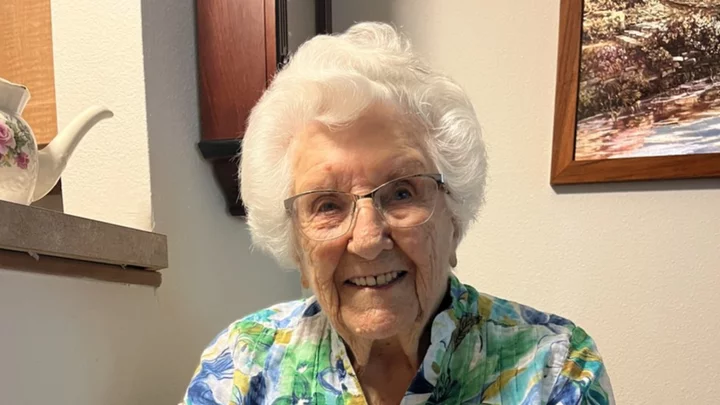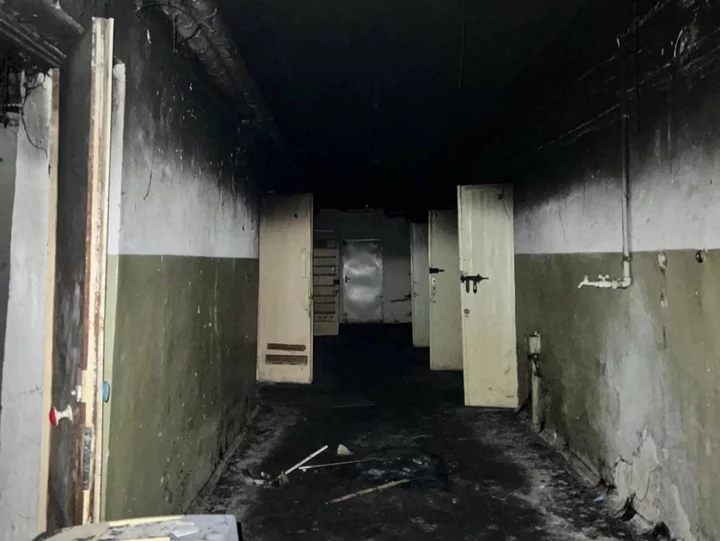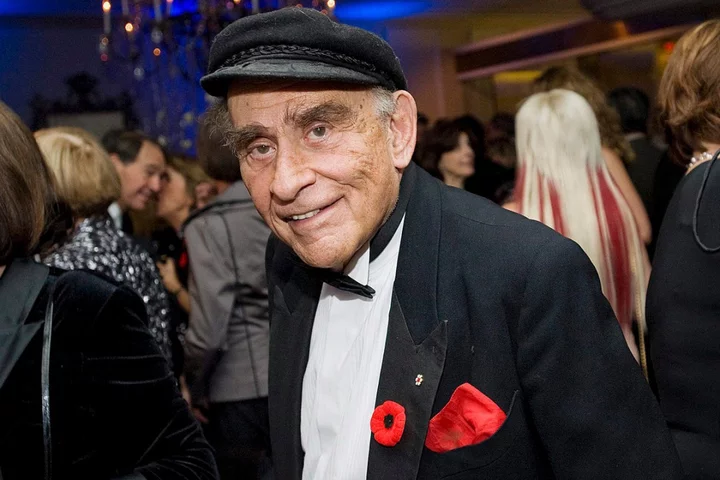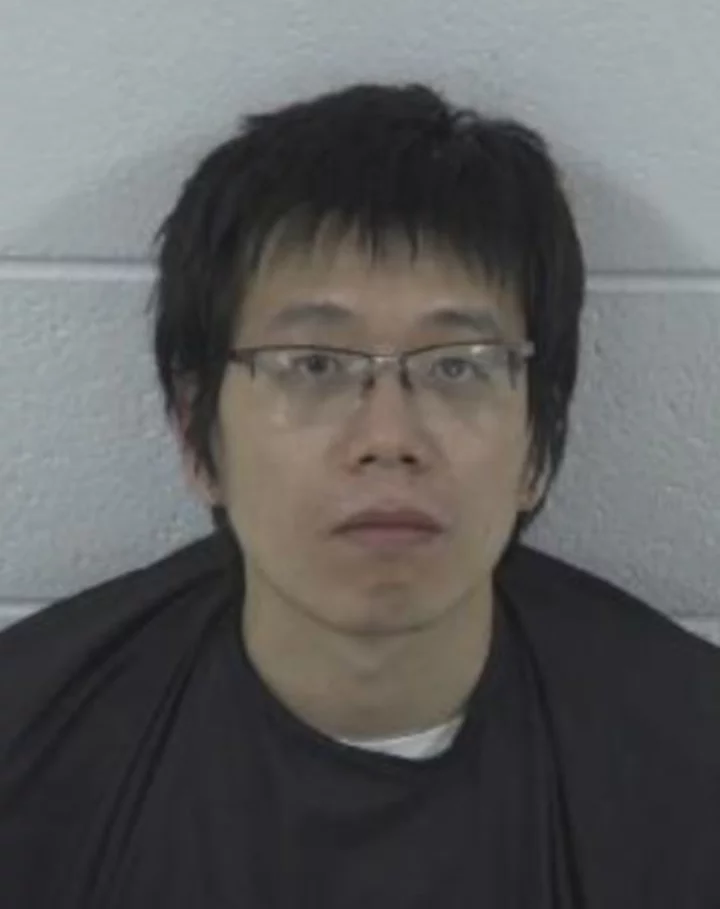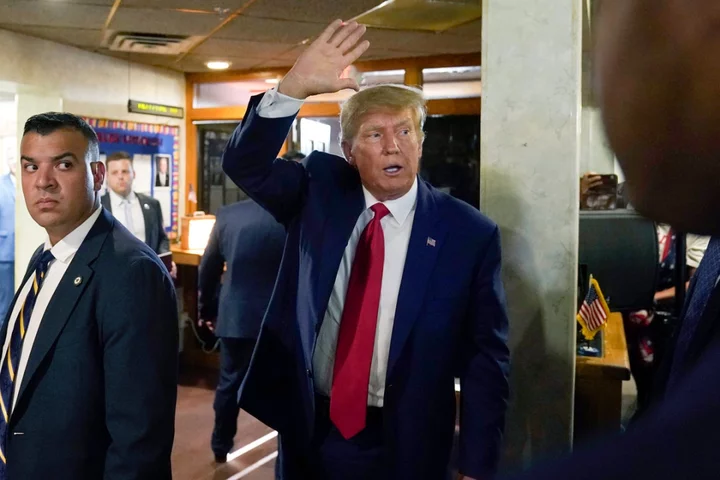The federal judge presiding over the prosecution of Donald Trump over his handling of classified documents is reviewing the “legal propriety” of the government using grand juries in both Florida and Washington to build its case against the former president.
US District Judge Aileen Cannon, a Trump appointee, on Monday ordered both sides to file briefs on how Special Counsel John “Jack” Smith’s team used a grand jury in Washington to continue gathering evidence after it had already indicted Trump in Florida using a grand jury in Miami.
The involvement of multiple grand juries is an issue raised by Trump’s lawyers as a potential line of attack against the prosecution because there are rules that limit how and where the government can use them. Cannon’s order puts Smith on the spot early on to explain the process.
Special counsel spokesperson Peter Carr said in an email that Smith’s office “will respond at the appropriate time through a filing with the court.”
Read More: Trump Special Counsel Probes Still Active Even After Indictments
Cannon’s order was prompted by a request by Smith’s team last week for a hearing on whether there were conflict of interest problems related to Stanley Woodward, a lead attorney for Trump’s co-defendant and personal aide Waltine “Walt” Nauta.
Cannon rebuffed an attempt by prosecutors to file more information about the conflict issue under seal, saying they’d failed to provide a “sufficient legal or factual basis.” She gave Nauta until Aug. 17 to respond, and said the government should reply back by Aug. 22. Trump’s lawyers can also weigh in by Aug. 17.
Woodward declined to comment. A Trump spokesperson didn’t immediately respond to a request for comment.
In its motion last week, the government confirmed it continued to use grand juries in Florida and Washington after indicting Trump on June 8 “to investigate further obstructive activity.” Trump and Nauta are charged with trying to interfere with efforts by federal officials to retrieve classified documents after Trump left the White House. Trump separately is charged with mishandling state secrets. He and Nauta have pleaded not guilty.
A grand jury in Florida returned a new version of the indictment on July 27 that added more obstruction counts and an additional co-defendant, Carlos De Oliveira, an employee at Trump’s Mar-a-Lago resort. De Oliveira also pleaded not guilty.
Woodward has represented at least seven other people besides Nauta who were questioned in the classified documents probe, including three potential trial witnesses, according to the government. The potential witnesses aren’t named — prosecutors said that’s what they were filing under seal — but were described as the director of information technology at Mar-a-Lago and two people who worked for Trump while he was president and after he left office.
According to the government, the Mar-a-Lago IT director has a new lawyer, but prosecutors said that doesn’t fully resolve potential conflicts with Woodward staying in the case. Prosecutors have alleged that Trump, Nauta and De Oliveira conspired to try to have that employee delete security footage at Mar-a-Lago after the government asked for it.
Woodward continues to represent the other two potential witnesses, the government told Cannon.
Lawyers can represent multiple clients in the same investigation, but not at the expense of one client’s interests. A client can agree to keep their lawyer and waive raising any conflict issues later, but the judge can investigate to make sure the person’s rights are protected and has the power to reject a waiver.
The government has asked for that inquiry when it comes to Woodward’s representation of Nauta.
The case is US v. Trump, 23-cr-80101, US District Court, Southern District of Florida (West Palm Beach).

